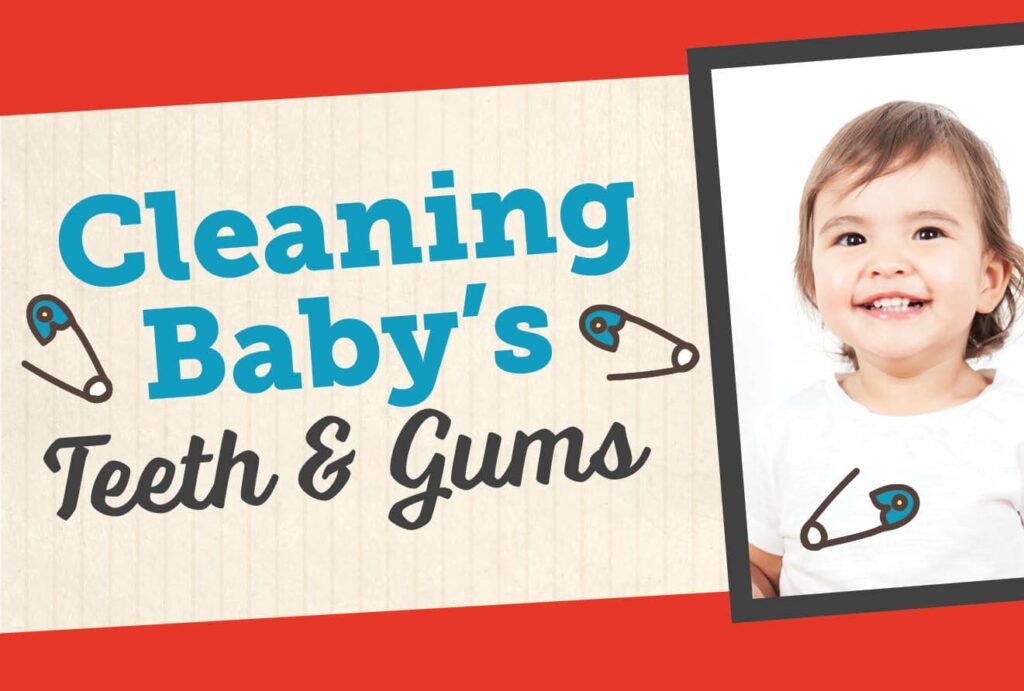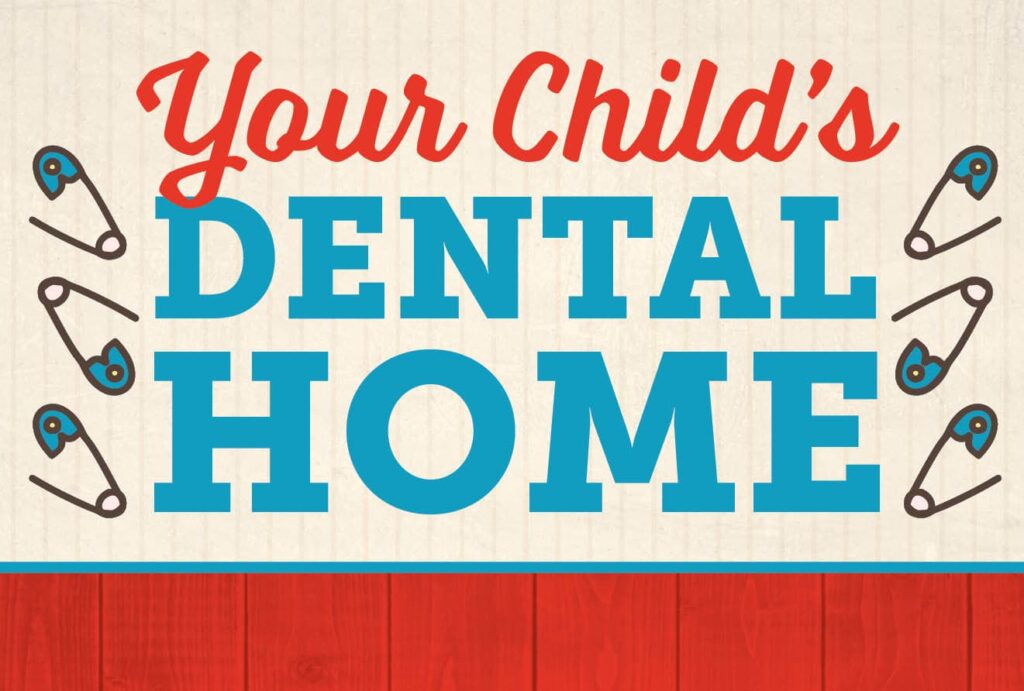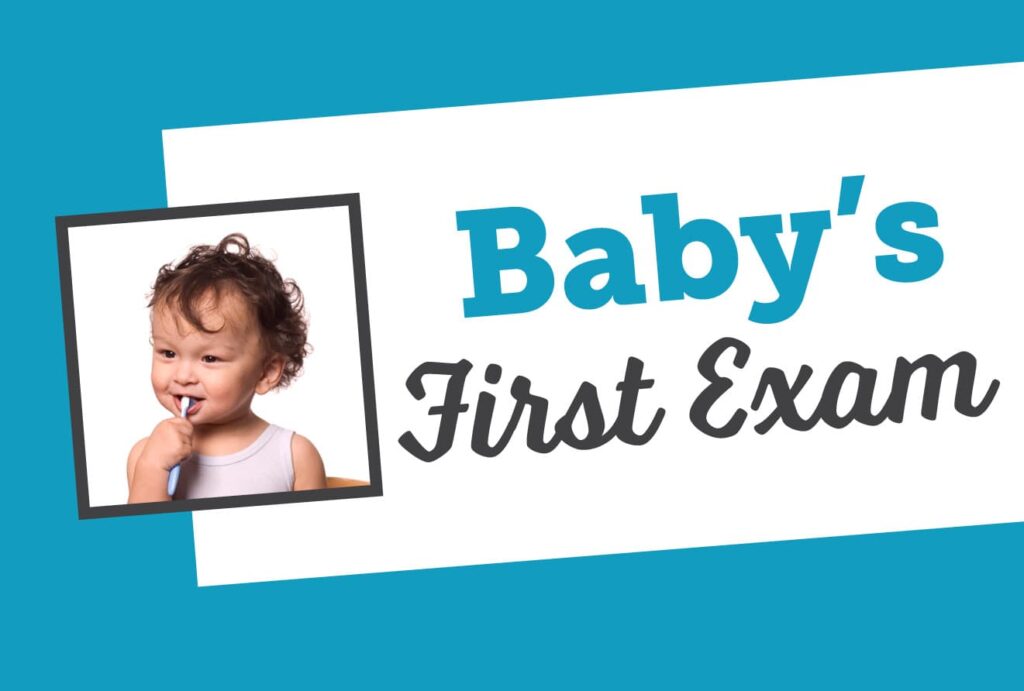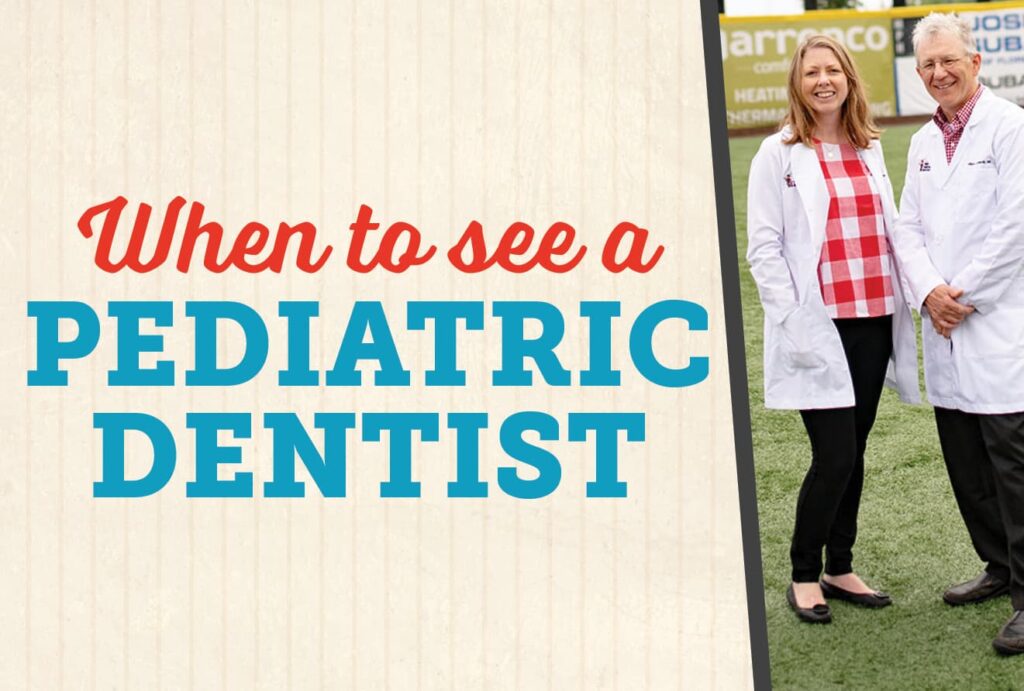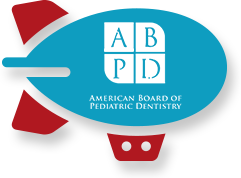Is Thumb-Sucking Bad?
September 29th, 2021
Is Thumb Sucking Bad?
Sucking is a natural reflex. Infants and young children may use thumbs, fingers, pacifiers, and other objects on which to suck. It may make them feel secure and happy or provide a sense of security during difficult periods. Since thumb-sucking is relaxing, it may induce sleep.
Most thumb-sucking that persists for long periods of time can cause problems with the proper growth of the mouth and tooth alignment. How intensely a child sucks on fingers or thumbs will determine whether or not dental problems may result. Children who rest their thumbs passively in their mouths are less likely to have difficulty than those who vigorously suck their thumbs.
Usually, children stop between the ages of two and four. Sometimes, peer pressure causes many school-aged children to stop. Children should try to stop thumb-sucking by about age three to prevent flaring of their permanent teeth.
Pacifiers are no substitute for thumb-sucking. They can affect the teeth essentially the same way as sucking fingers and thumbs. However, use of the pacifier can be controlled and modified more easily than the thumb or finger habit. If you have concerns about thumb sucking or use of a pacifier, consult with your pediatric dentist.
A few suggestions to help your child get through thumb sucking:
- Children often suck their thumbs when feeling insecure. Focus on correcting the cause of anxiety, instead of the thumb-sucking.
- Reward children when they refrain from sucking during difficult periods, such as when being separated from their parents.
- Your pediatric dentist can encourage children to stop sucking and explain what could happen if they continue.
- Consider using a sticker chart, or one of our coloring sheets to help encourage cessation of the habit.
- If these approaches don’t work, remind the children of their habit by bandaging the thumb or putting a sock on the hand at night. Sometimes, your pediatric dentist may recommend the use of a mouth appliance.
Visit our blog for more tips on how to help your child beat thumb-sucking and pacifiers.


